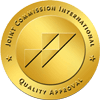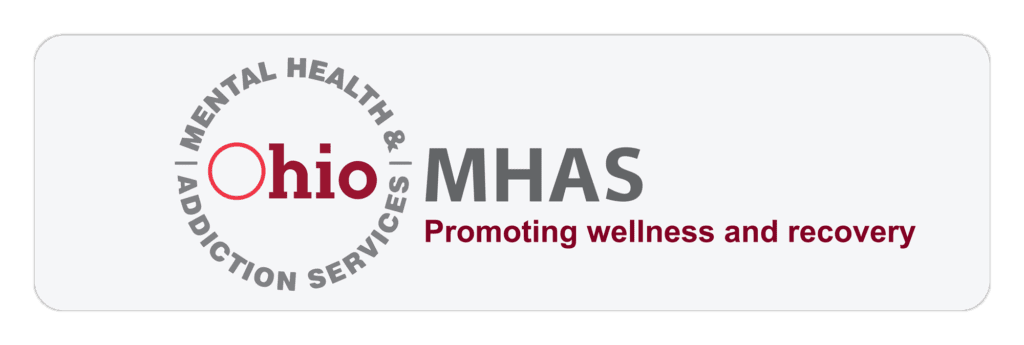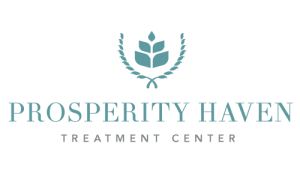The decision to seek addiction treatment, whether for yourself or someone you love, can be really scary.
Patients often have questions about the treatment process itself, what the experience of being treated is like, and whether it will succeed. Family members, on the other hand, often worry about costs, accessibility, and safety.
Unfortunately, it isn’t always easy to find answers to these common addiction treatment questions – especially if you don’t know where to look.
While your local addiction treatment center can always help, people often feel more comfortable wading in by researching from home. Get in-depth answers to your most important questions in this informative FAQ about addiction treatment.
Understanding the Disease of Addiction
Addiction, also referred to as substance use disorder by the CDC, is a complex neurological and mental health condition that occurs when someone cannot, or will not, stop using a psychoactive substance (such as opiates) or maladaptive behavior (such as sex). Someone who is addicted cannot, by definition, remain “sober” and/or resist from engaging in use for any meaningful length of time.
A patient who is addicted doesn’t usually have the luxury of simply choosing to stop; they often try to do so repeatedly only to fail (called a relapse). Each time they stop using, they immediately experience extreme negative physical and/or psychological withdrawal symptoms, prompting them to re-use to relieve the pressure.
Addiction occurs on a spectrum; the longer someone remains addicted, the more likely it is for the problem to become severe. This is especially true for physically-addictive drugs like opiates because the patient’s tolerance increases the longer they use the substance.
In the case of non-addictive drugs and behaviors, addiction is mostly psychological – but it can be every bit as troublesome and dangerous.
Whether physical, psychological, or behavioral, all addiction is dangerous and has the potential for extreme harm. Left untreated, it can even lead to death.
Am I Addicted?
The only people who can really answer this question are you and your medical care team. What we can tell you is that addiction occurs on a spectrum, and every patient is affected in a slightly different way.
Not every patient who uses a substance or who engages in a certain behavior (such as gambling) is addicted, even if the use level is quite high. It’s quite common for people to use substances or even behaviors like sex in a wide variety of situations and still lead healthy, normal lives.
For example, someone who drinks to excess two or three times a year on holidays probably isn’t addicted, even if their use is clearly excessive or they drink irresponsibly. Irresponsible use doesn’t necessarily equal addiction (but it certainly can be an early warning sign).
On the other hand, someone who drinks every weekend may be headed in that direction. And someone who drinks to excess every single day is, or will shortly be, addicted to alcohol, even if they seem completely functional.
Think critically about your situation. The reality is if you are considering whether your use is a problem, you are probably already in questionable territory.
Is My Addiction Severe Enough to Require Rehab?
As a general rule, if you can say “yes” to any of these five statements, it may be time to seek professional help:
-
- Sometimes, I worry about the amount of substances I use and/or how often I engage in certain behaviors.
- Sometimes, I feel the need to lie about how much I’m using or how often I use, especially to close friends and family.
- I have been fired, let go, or reprimanded at work for issues related to substance use, gambling, or sex.
- Drugs and alcohol help me fit in and feel secure.
- I have experienced negative consequences as a result of my use of drugs and alcohol, yet I still find myself using.
- I had to seek medical treatment in the past as a direct result of substance use (side effects, overdoses, or even mental health crisis symptoms).
- I often find myself unable to cope with life without substances and/or certain behaviors.
- I have lied, stolen, or otherwise gone against my own morals in order to access substances and/or use.
- I frequently find myself using alone and/or using from the moment I wake up until the moment I go to bed.
- The thought of being without my drug of choice or behavior makes me feel intensely uncomfortable – I might even feel afraid.
Remember that addiction occurs on a spectrum. Even if you feel you are in control now, it doesn’t mean you will remain in control in the future. It’s okay to reach out before you hit rock bottom!
Is Addiction Treatment Effective?
Yes! Much like other chronic diseases, it is very possible (and common) to treat addiction.
In fact, over 2.2 Million Americans seek help for addiction every single year. As the stigma of addiction falls, more people struggling with substance abuse reach out for help – and when they do, they often get better.
How addiction is treated really depends on the nature of the addiction, the patient’s personal situation, and a long list of other contributory factors (such as past trauma or mental health diagnoses).
For example, treating opiate addiction is very different than treating gambling addiction.
Opiates are physically addictive, so patients often need to taper off and/or take maintenance drugs to prevent uncomfortable or dangerous withdrawal symptoms. Gambling, on the other hand, involves behaviors; effective treatments focus on helping patients avoid and/or break the compulsion to gamble.
Even within known treatment protocols, a significant amount of difference exists.
Some patients choose inpatient care, while others stay outpatient. Some attend AA/NA, while others choose solo therapy. But nearly all programs offer one of these core elements:
-
- They help patients stop using drugs.
- They empower patients to remain drug-free.
- They help the patient re-discover how to be a sober, productive member of society, including at home, at work, and in the world.
Addiction treatment works best when it considers the patient as an individual and not just another number.
Still, there is something to be said for group therapy and being a member of the supportive recovery community!
How Do I Pay for Treatment?
Many people feel intimidated about the financial aspects of treatment: how will you pay for it?
How will you manage bills or survival if you need to take time away from work? If you have children, how will you pay for childcare?
Finding an accessible pathway that works for you is critical to your success, and there are good options to address all of these concerns. While the biggest cost hurdle is often the treatment itself, facilities excel at helping patients find the resources or programs needed to ensure financial coverage.
Some of the most common options include:
-
- Private or state insurance plans.
- Special grants and subsidies.
- Loans (from banks or loved ones).
- Equalized payment plans (e.g., monthly payments).
- Credit cards and/or lines of credit.
Financial ability does not need to prevent you from accessing treatment, no matter how dire your situation feels.
If you have concerns, reach out to your local treatment facility. They can help you explore your options and find a solution before addiction costs you far more than treatment ever could.







